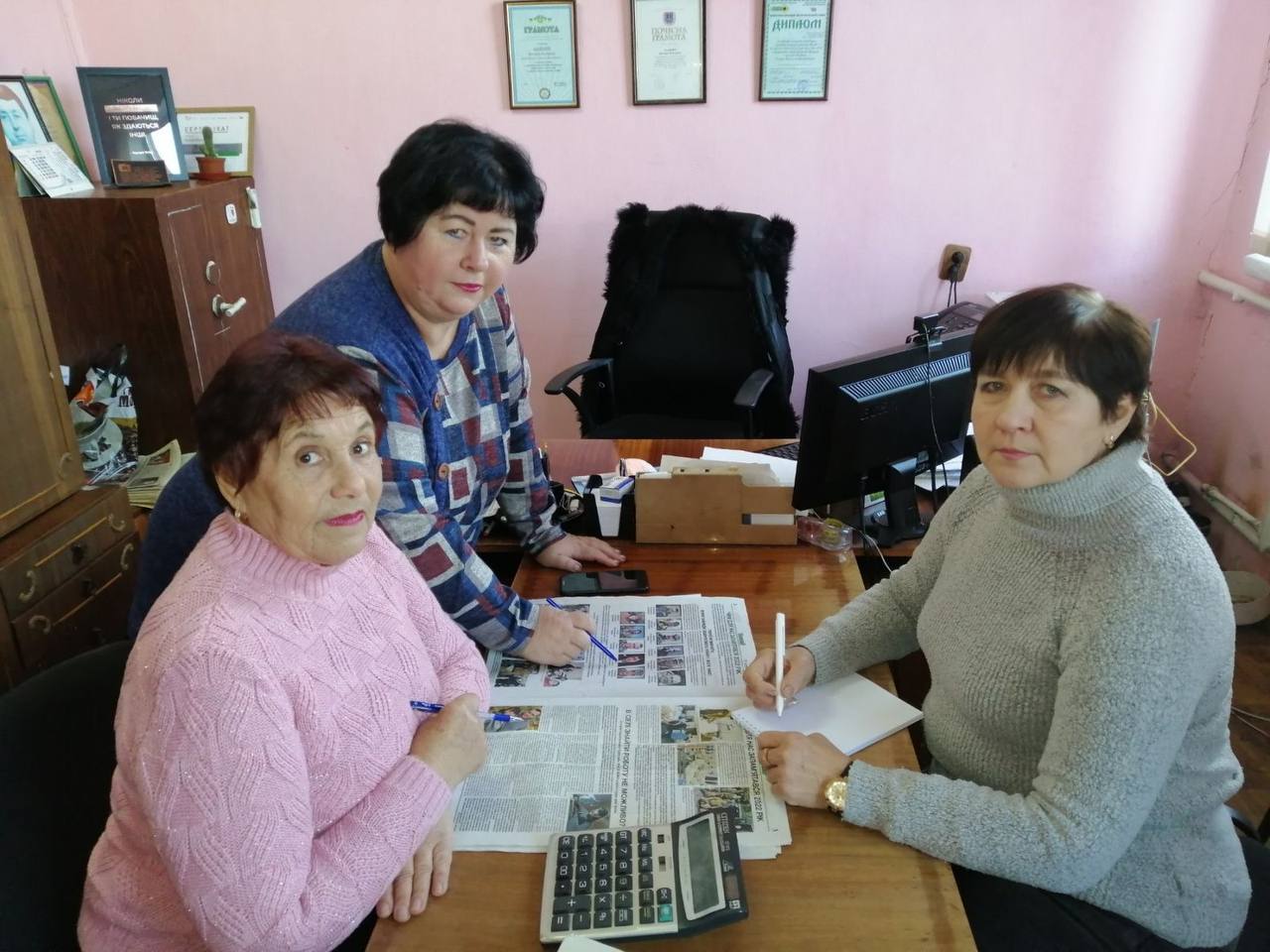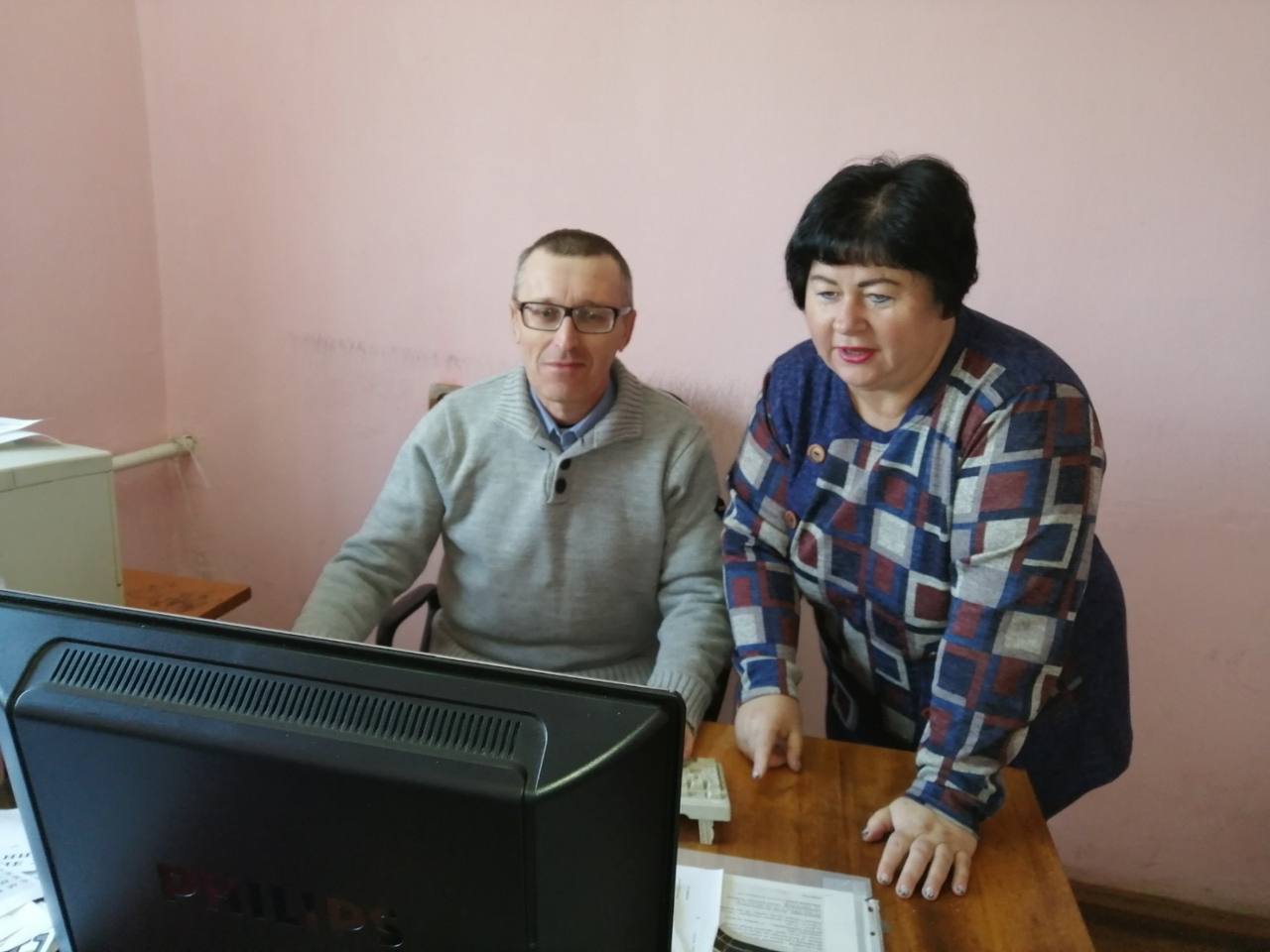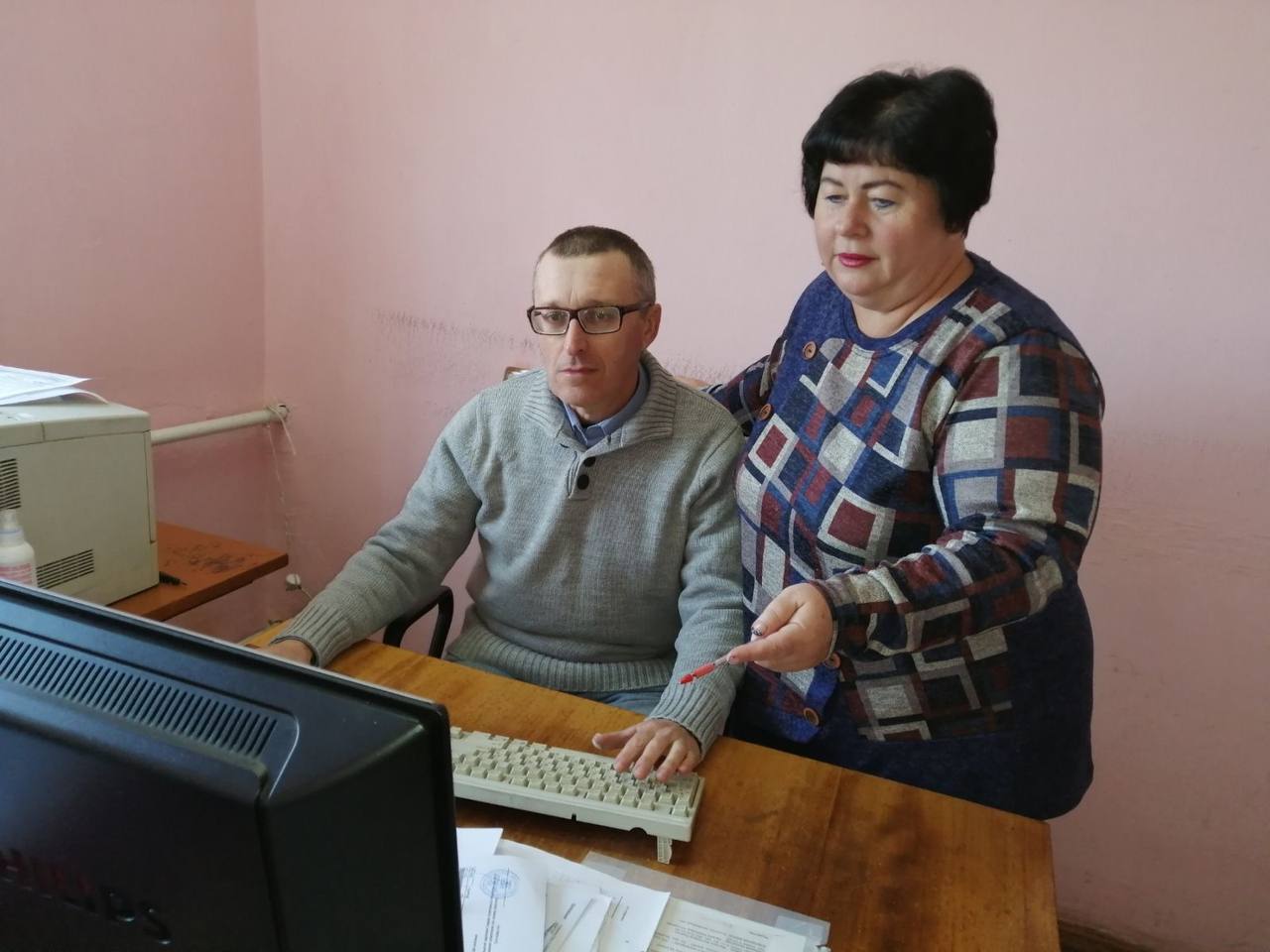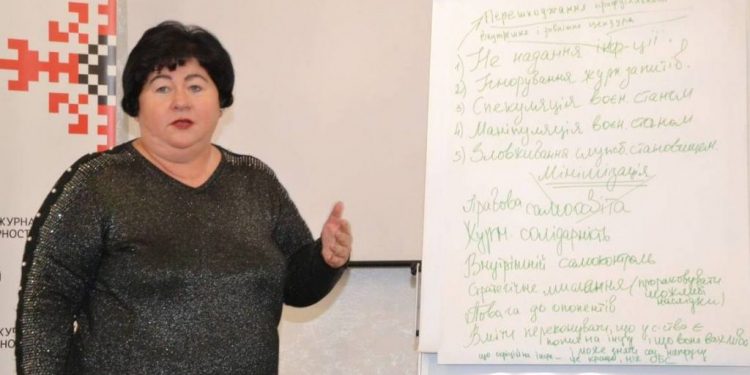How did the publication manage to stay afloat during the start of the major war? Viktoriya Mainych, the chief editor of the newspaper Novynar in the Odessa region, shares her memories. She talks about working while on vacation, collaborating with local authorities, setting up a makeshift editorial office in a local hospital, and the powerful solidarity that helped people survive.
“We knew it would be tough, but no one imagined it would be this tough!”
Even before the war, working in the editorial office was challenging, according to Viktoriya. They didn’t have financial support from the local government, which had promised assistance through state reform. With the onset of the war, the situation became even more difficult.
— We printed in Vinnytsia. Our publishing day was Tuesday. We calmly sent out the print run. There was a statement from the president that the country was in a difficult situation, but there was hope that it wouldn’t escalate into war. On February 26, they delivered the last peaceful issue of the newspaper, although the full-scale war had been going on for two days,— recalls Ms. Mainych.
Only two issues of the newspaper were missed, but the work continued. They had to work for free in the spring – the team had to take unpaid leaves, but they still managed to publish the newspaper.
— We had no money; it was very tough. The previous year had also been challenging due to COVID. Advertising revenues had dropped significantly, around 70%. Surviving was hard, but cooperation with the district administration helped us. They found a way to feature their activities in our newspaper and pay for it. However, the year 2022 started very challenging. We knew it would be difficult, but no one imagined it would be this tough! When the war began, we understood that advertising would be non-existent, and subscription revenue was minimal. But we wanted to provide people with as much information as possible.
There was an immense need for information at that time. People wanted to know and read about events in Ukraine. Especially considering that subscribers of the Novynar newspaper were living near the uneasy Transnistria region.
— We live on the border with Transnistria. It’s 12 kilometers to the border from Zakhariivka, and there are two more villages – Pavlivka and Yosypivka – just 50 meters from the border, which runs along the edge of the village. From all sides, we heard that an attack from Transnistria could happen. There are also ammunition depots nearby, and there were a lot of pieces of disinformation causing panic among people. So, we had to work to provide accurate information. We all stayed: we gathered and decided not to leave anywhere. We saw and felt that people needed to be informed. We started a Facebook page and actively worked there in the early days of the war— continues our interlocutor.



— We’re not living comfortably: we work for minimal wages. Sometimes even part-time,— says Viktoriya. — But we understand the importance of our work now! Especially with the start of these energy fluctuations and bombardments – surprisingly, at this time, the weight of the printed word increased.
To stay afloat, Novynar even experimented: they tried to collaborate with another local newspaper, Vpered, to release joint issues. But this experiment lasted only three issues, as their readers were more interested in local news.
With the entire community’s support (from authorities to doctors), Novynar continues to serve its subscribers.
— The National Union of Journalists of Ukraine (NUJU) and Sergiy Tomilenko gave us a gift: for St. Nicholas Day, they donated money, and it was just enough for us to cover the cost of printing a colored newspaper. And our readers received a gift for the New Year! In that newspaper issue, there was a patriotic colored calendar for 2023. In villages, our calendars are hanging in many people’s homes, and we are very grateful for that,— the editor says with great appreciation.
In 2023, Viktoriya continues to write grant applications, acquire new skills, and learn to collaborate with different organizations. Because the main thing now is for the newspaper to survive and deliver truthful information to people.
This series, titled Executed Free Speech, is created as part of a project Drawing Ukrainian And International Audience’s Attention To Serious Violations Of Human Rights And Crimes Against Journalists And Mass Media By The Russian Federation, which is performed by the National Union of Journalists of Ukraine, with support from the Swedish non-profit organization Civil Rights Defenders.
JOURNALISTS ARE IMPORTANT. Stories of Life and Work in Conditions of War is a cycle of materials prepared by the team of the NUJU with the support of the Swedish human rights organization Civil Rights Defenders.
#CRD

 THE NATIONAL UNION OF
JOURNALISTS OF UKRAINE
THE NATIONAL UNION OF
JOURNALISTS OF UKRAINE
















Discussion about this post